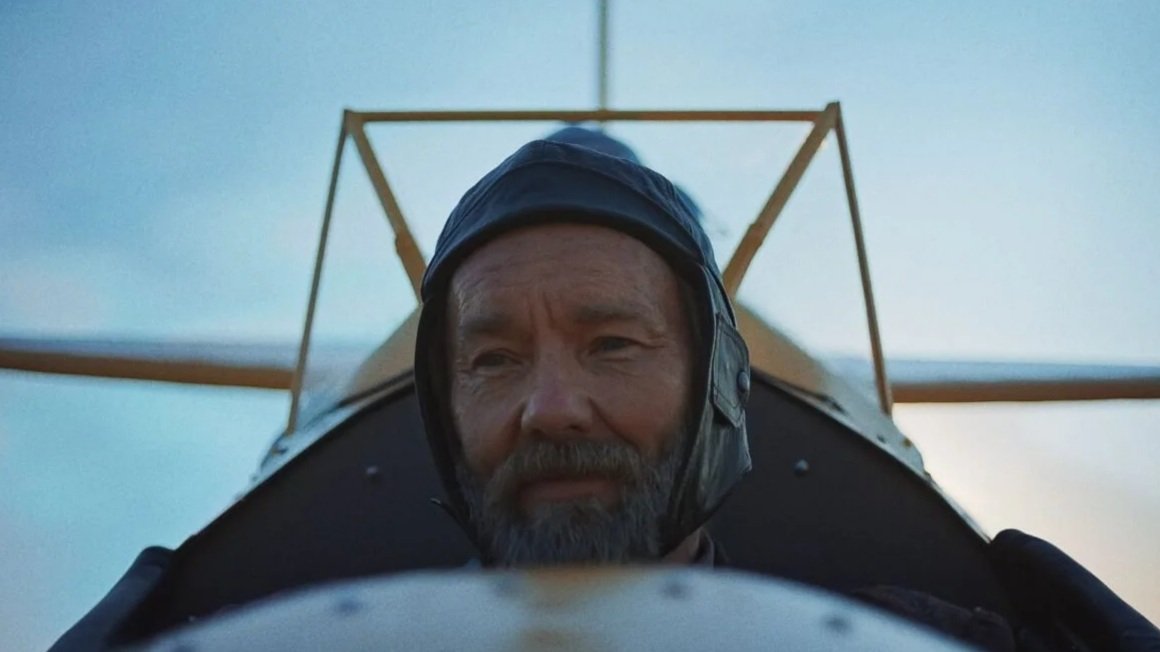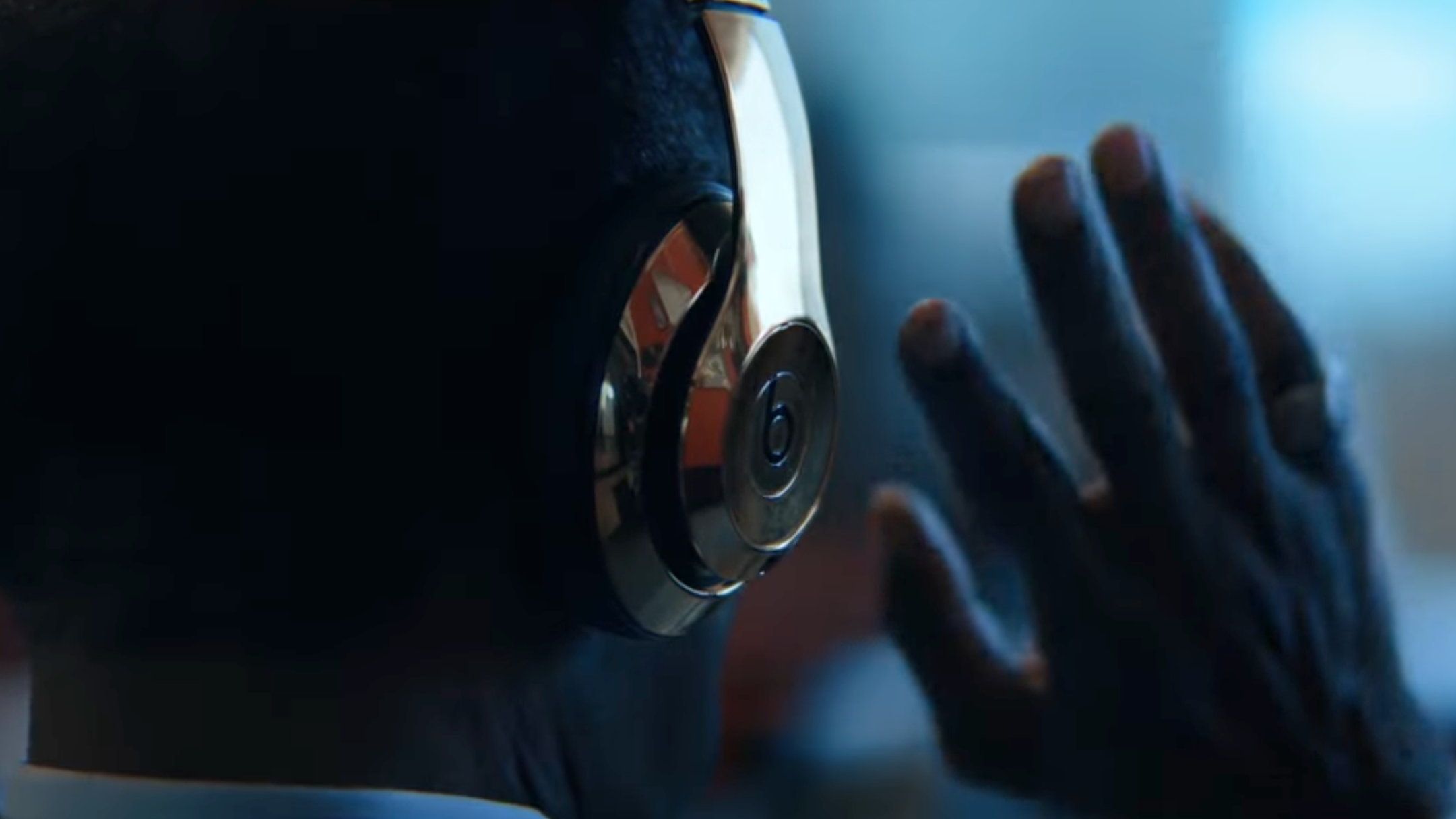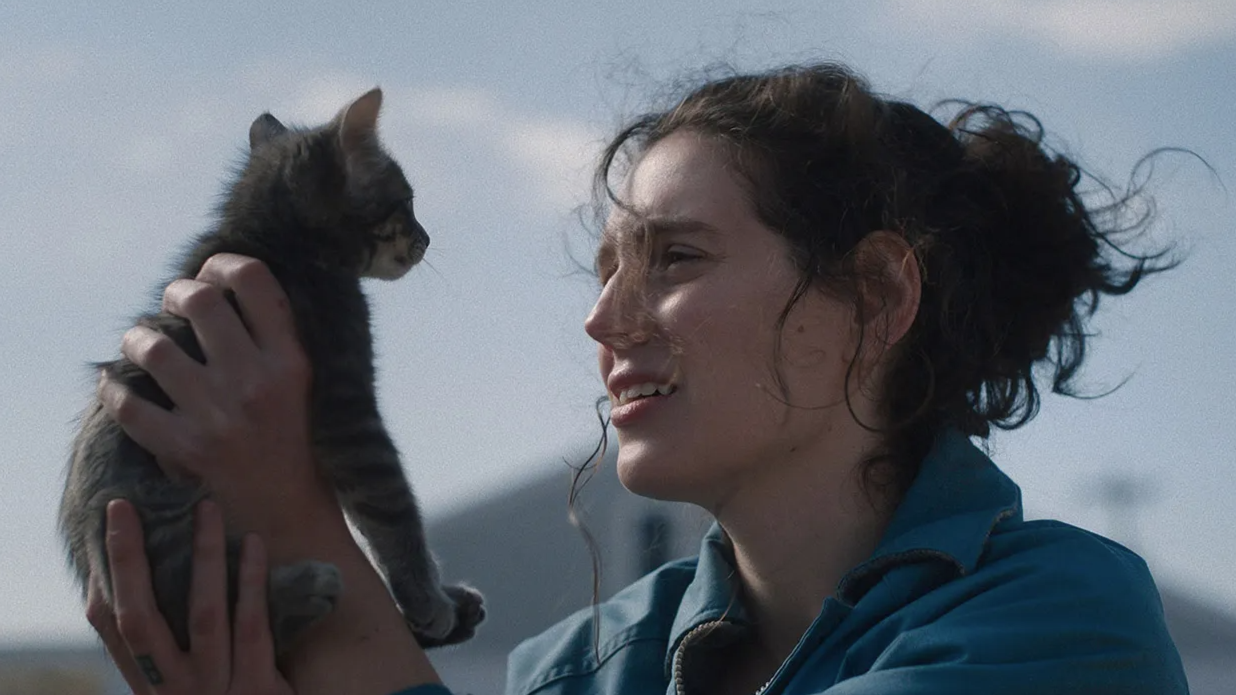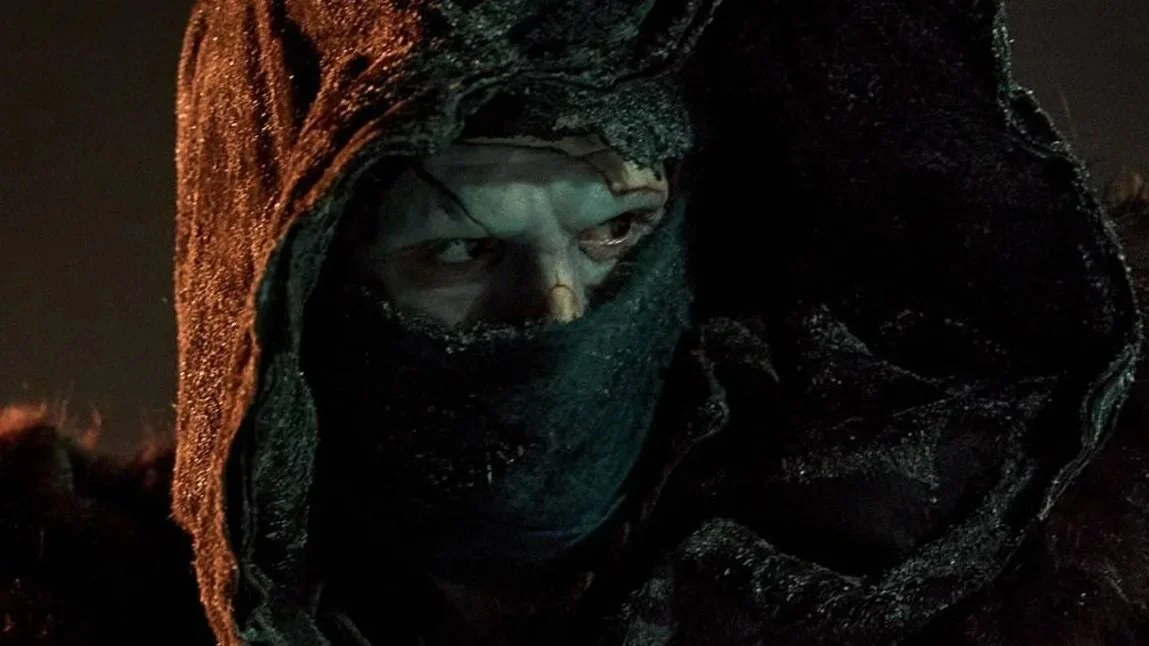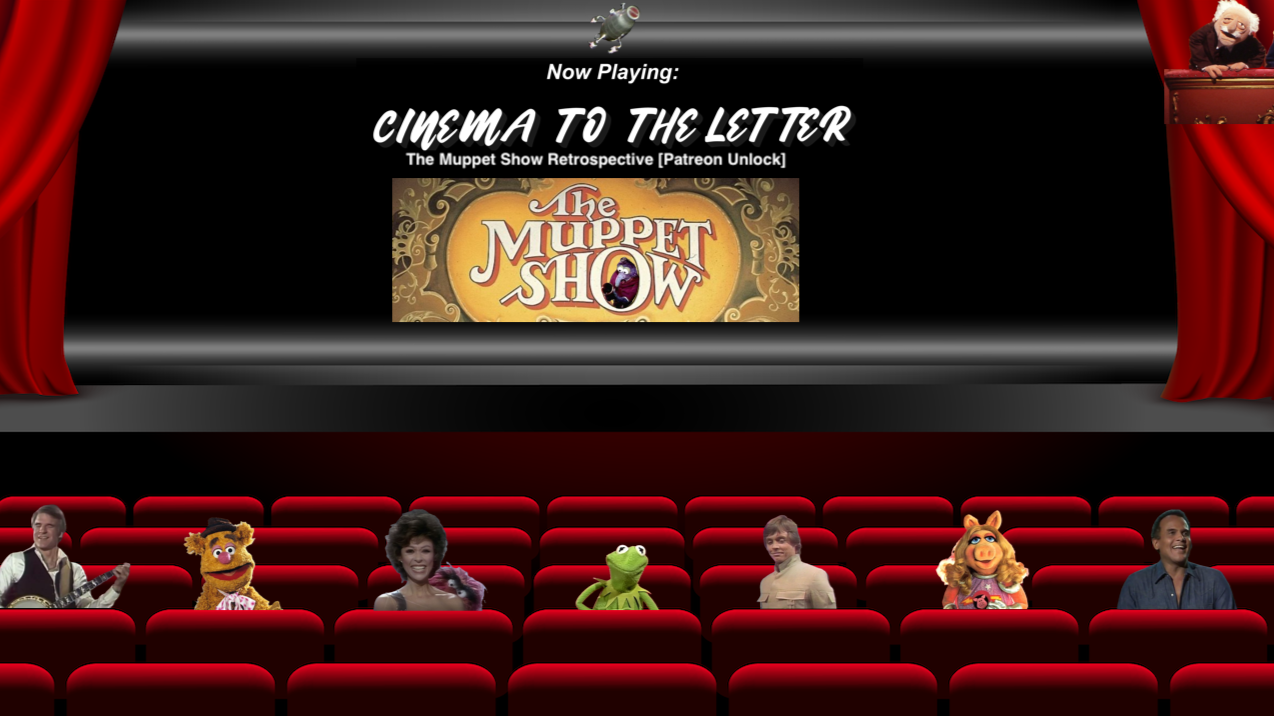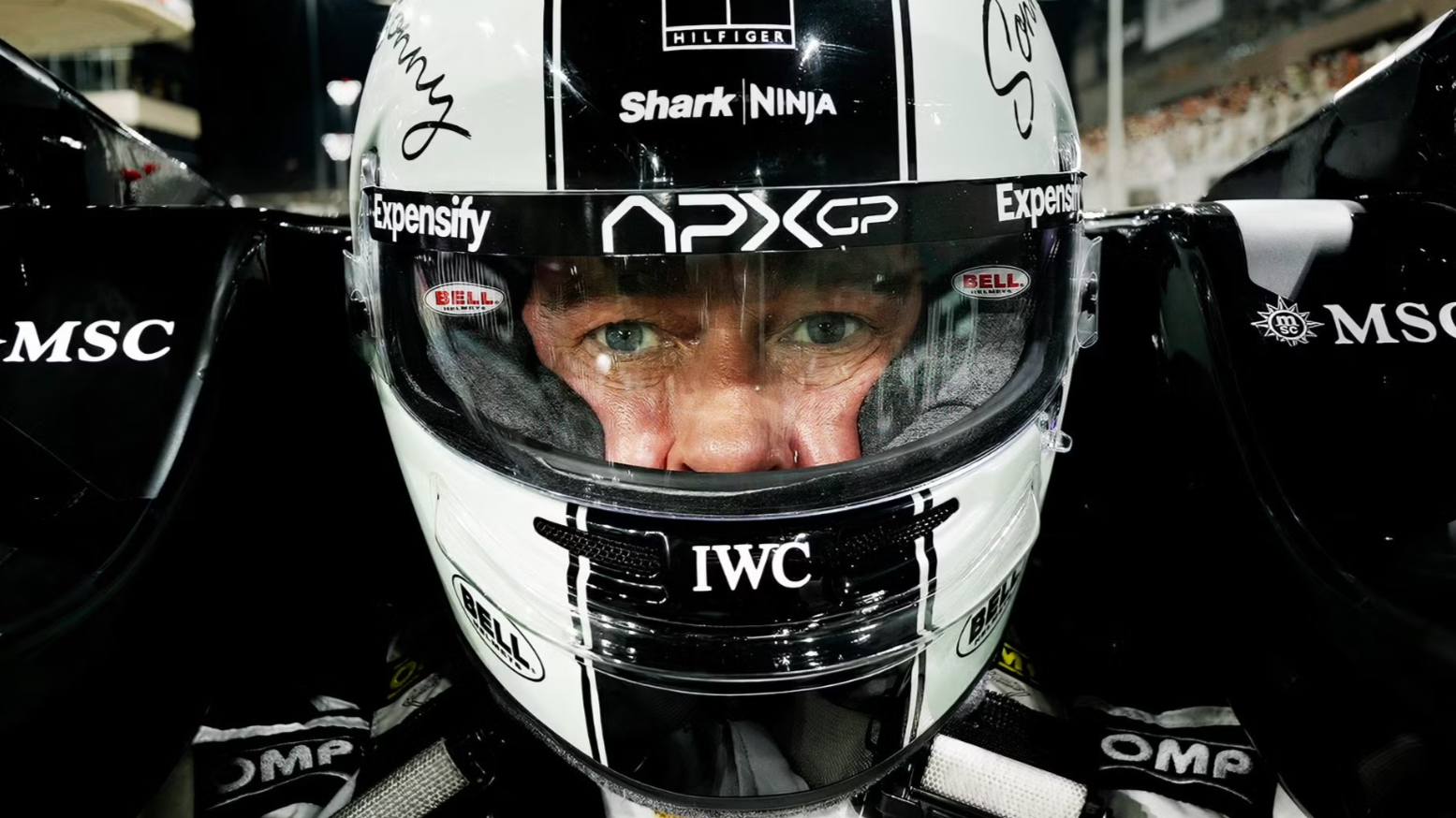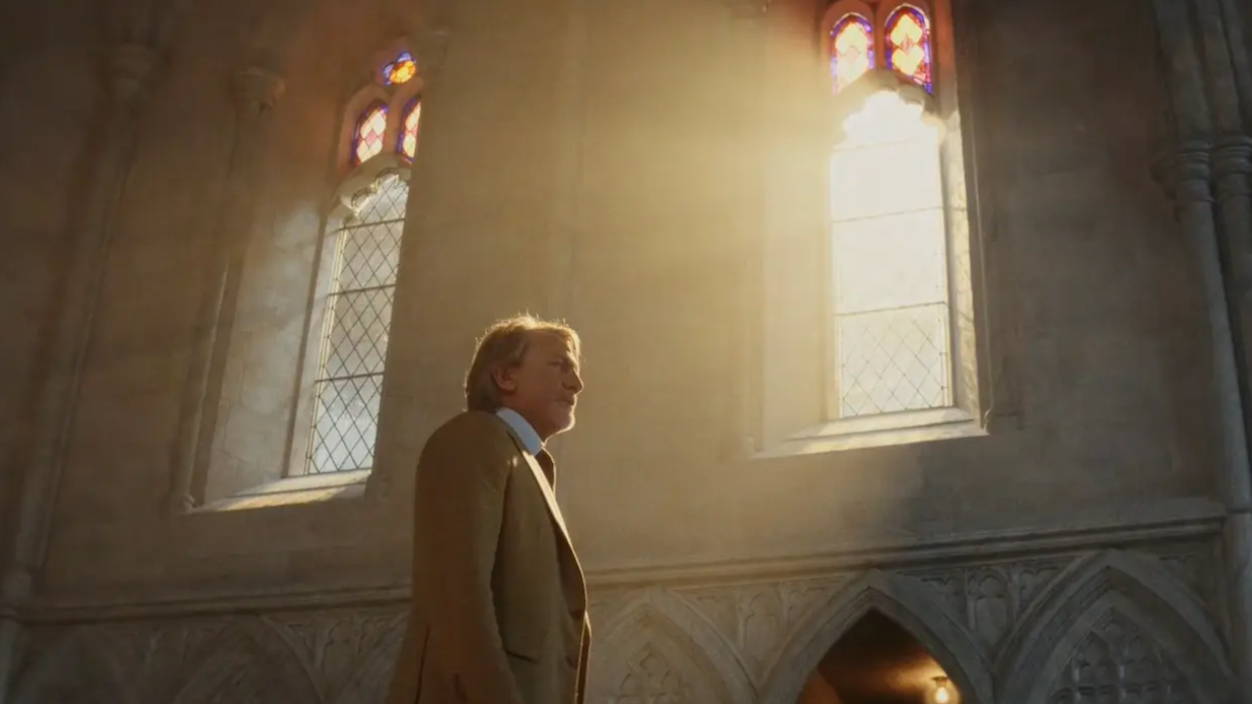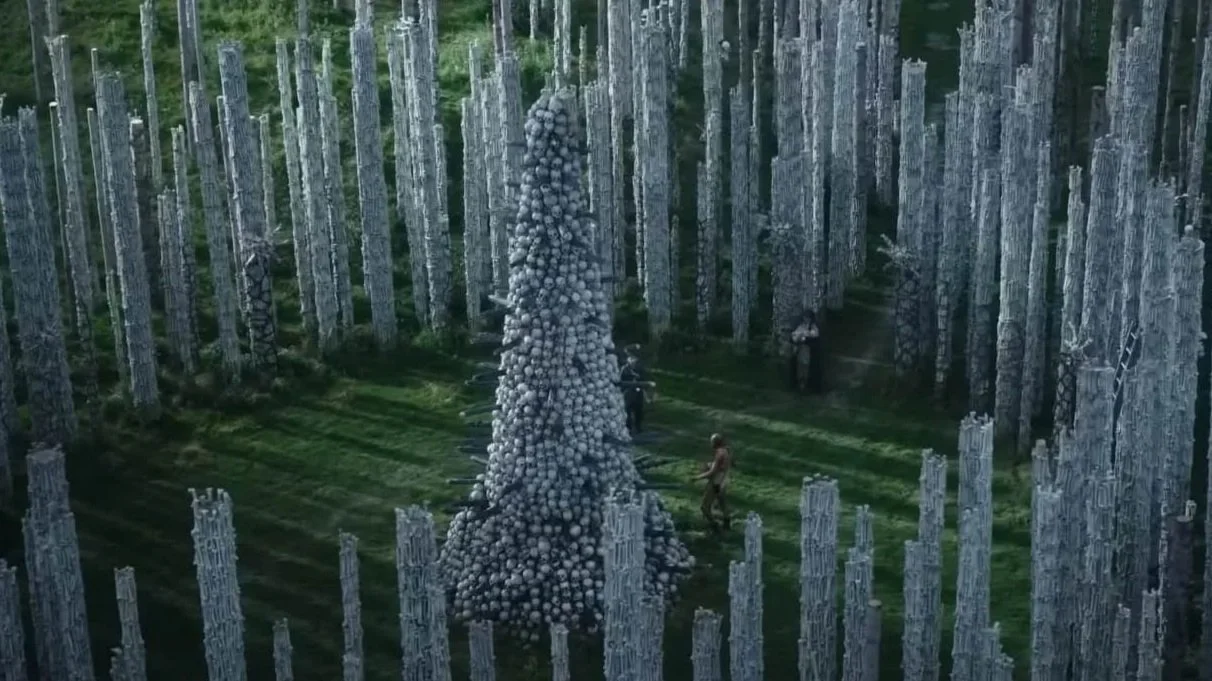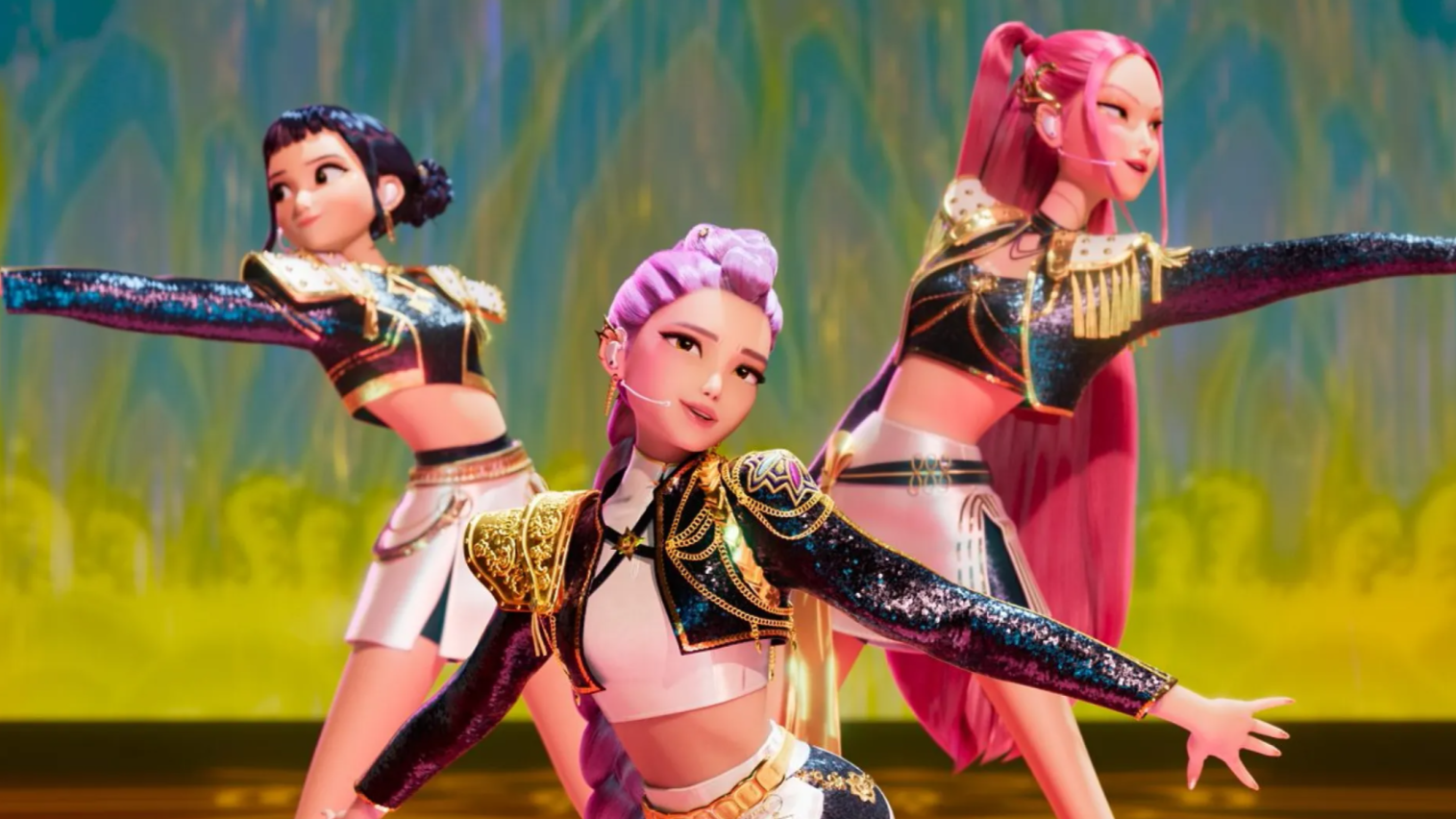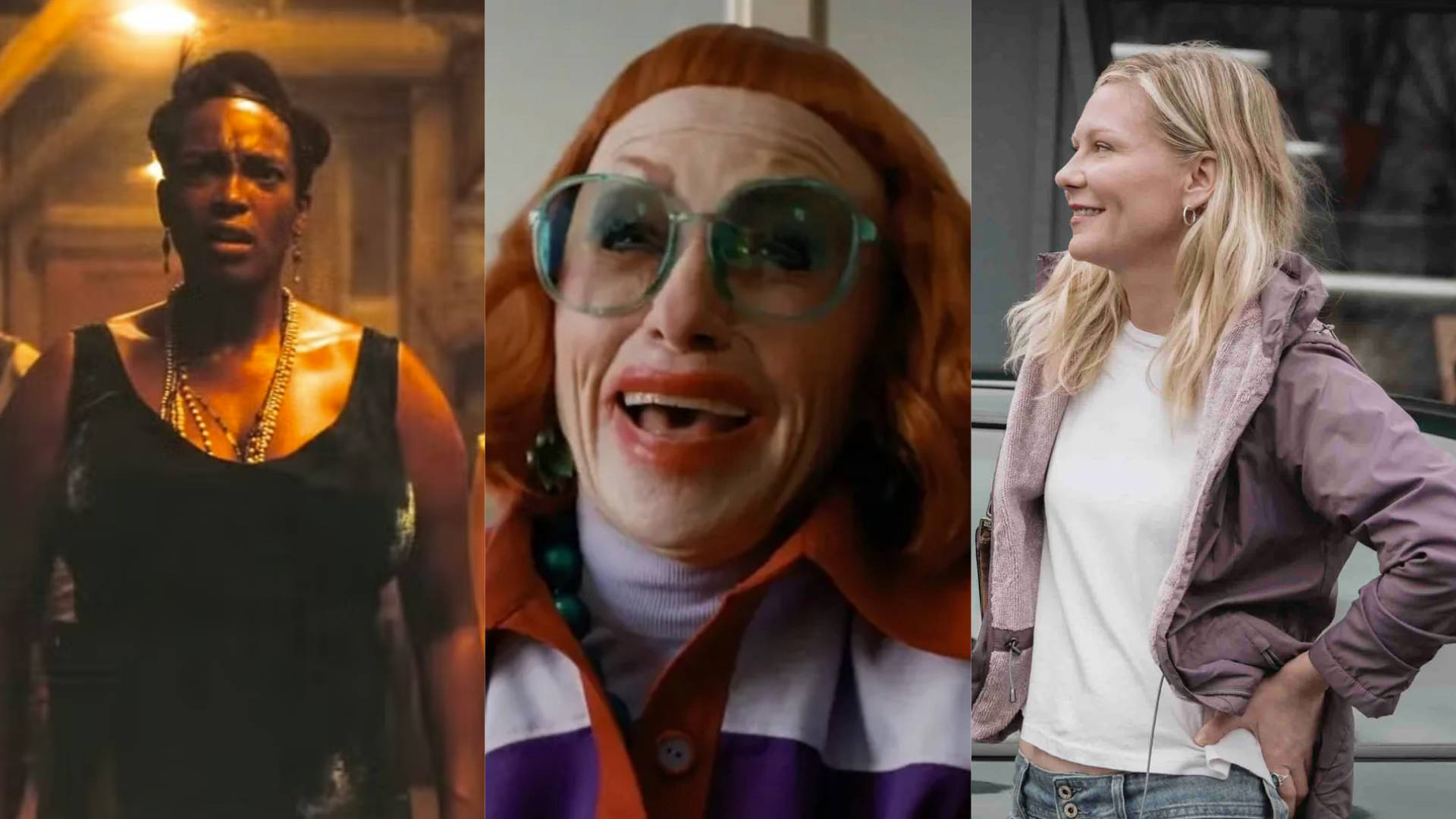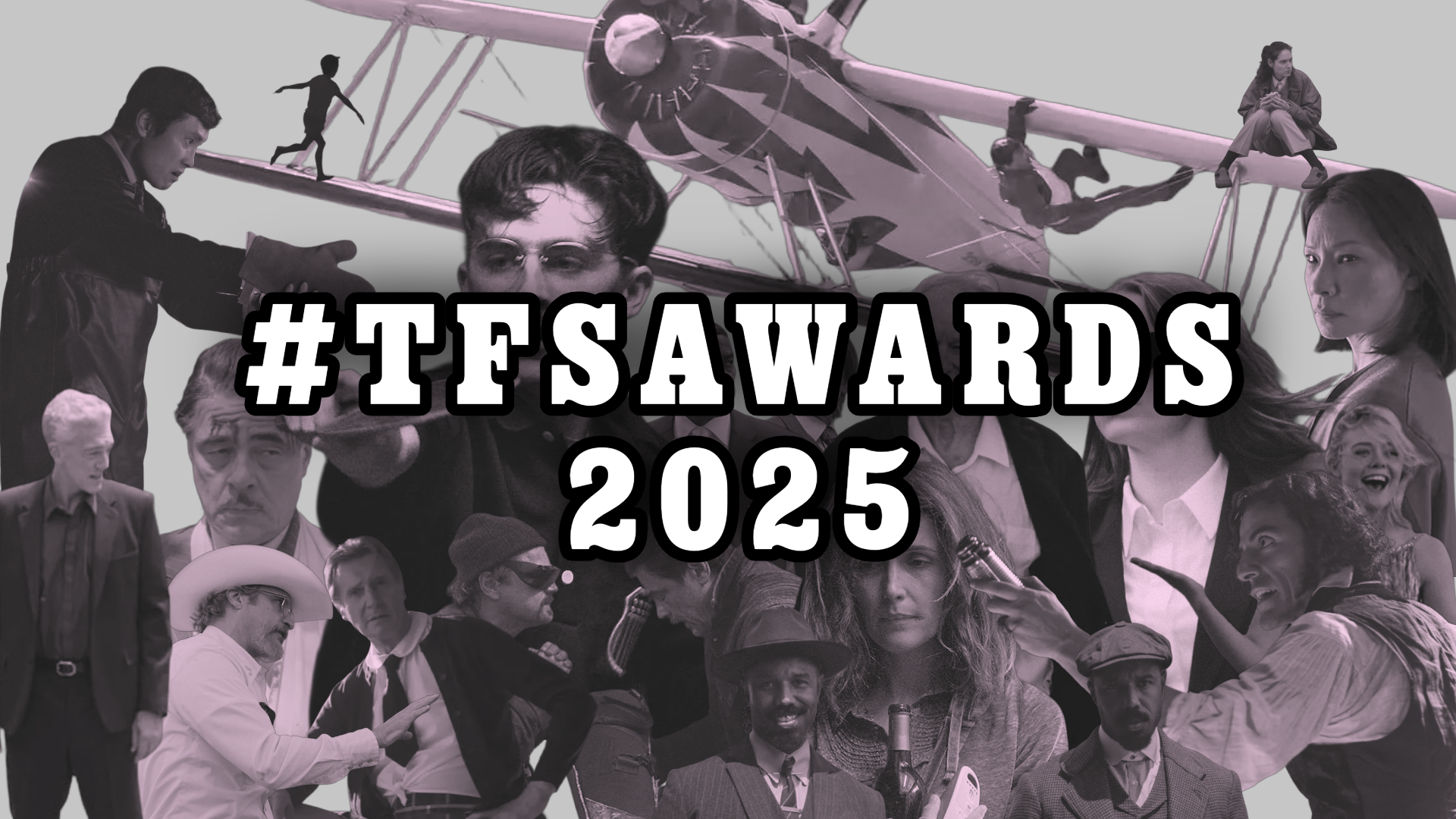Review: Doctor Strange in the Multiverse of Madness
Doctor Strange in the Multiverse of Madness seemingly begins like any other Marvel Cinematic Universe installment. A hero, this time Stephen Strange (Benedict Cumberbatch), has his attempt at attending a function as a regular civilian thwarted by the arrival of a huge, CGI monster. Naturally, this development segues into a huge, CGI fight sequence. You know what to expect by this point. Only, something seems different. The typical vessel for empty spectacle feels… alive? Each blow struck to the tentacled creature gets great emphasis and clarity. The film relishes the pure pulp nature of the scenario. My eyes, conditioned to glaze over at this kind of thing by this point, couldn’t be torn away. Such is a reaction befitting the grand return of Sam Raimi.
On somewhat of an unofficial hiatus from the director’s chair for nearly 10 years, the legendary filmmaker hopping back into the saddle for another project was a welcome prospect. Less welcome was the fact that his next project was to be a sequel to 2016’s Doctor Strange, of which the original film’s director had already exited over “creative differences”. That fear turned out to be unfounded. Somehow, someway, Sam Raimi accomplishes something truly special within the studio system, unleashing a beast of a cape flick with all the verve of 1981’s The Evil Dead.
Written by Loki’s Michael Waldron, the premise of Doctor Strange in the Multiverse of Madness appears slight. The titular sorcerer must protect a teenage girl, who can travel across the multiverse, America Chavez (Xochitl Gomez), from the clutches of Wanda Maximoff/The Scarlet Witch (Elizabeth Olsen), who is trying to be “reunited” with her children from an alternate universe. Simple? Sure. At times, noticeably so when it comes to the dialogue. Yet, in its execution, the glorified chase throughout the multiverse becomes much more than the sum of its parts.
With the exception of a brilliantly cruel mid-film sequence, and despite its highly speculated cameos, Multiverse of Madness throws off the cloak of chic self-awareness. Similar to his Spider-Man films, Raimi believes in the base level of his characters’ appeal. Strange is given a quite different arc than what we’re used to seeing from the MCU: learning to live with the burden of selflessness. He makes a great foil for Scarlet Witch, played by Olsen, who gives a high camp performance that allows her a descent into villainy via corruption and selfishness. Her work here is one of the best villain performances in recent history, and one that continues to show new layers to her acting range. It’s unafraid to be delectable in its ugly villainy while alternatively being deeply, deeply sad.
Control stands at the center of Strange and Maximoff’s conflict. Both, in their own ways, have to learn to give up the notion of having control to be able to achieve some kind of peace. It harkens back to the days of 1960s Marvel comics where the stories were about universal human feelings. One area where the simplicity threatens to kneecap the film is in its portrayal of America Chavez. There’s no way around it, this movie gives us no reason to care about her. Despite Gomez’s best efforts, it’s a nothing character, and fans of the comics—who are rightfully upset about Puerto Rican heritage being ripped away—deserved better than the glorified plot device presented here. In a lesser film, this would’ve been movie-destroying stuff.
Be assured, this is no lesser film. Rollicking start to the bitter finish, Raimi rolls up his sleeves and says “how much cool, genre-bending stuff can I throw into this movie?”. Pound for pound, sequence for sequence, this is the most entertaining a comic book movie has been in years. One moment you’re getting your mind blown by a psychedelic montage covering multiple realities, another you’re being unnerved by possession, and yet another you’re howling in gleeful delight at a very literal musical battle between Strange and a doppelganger, or you’ll be swept up in the tonally confusing (in a good way) bit of body humor involving a zombie. Composer Danny Elfman’s along for the ride, his score similarly unhinged as the film. Always rest assured that there’s something hyper-violent around the corner. Much has been made about the horror aspects of this film—to me, however, it’s more of a cinematic celebration of genre film in general! More importantly, it’s a celebration of the ridiculous, earnest nature of comic books.
Doctor Strange in the Multiverse of Madness comes to its conclusion in a way devoid of sky beams, explosions, or any of that. It ends with a guttingly human series of exchanges between characters that boil the story down to its bare essentials. At one point, these movies became more about cameos and interconnectivity than they did taking us on a wild journey with clearly defined characters. By taking us back to the latter, Sam Raimi has made one of my very favorite superhero films to ever exist and reminded me why I got into the genre in the first place. Raimi was quoted in Rolling Stone as saying “I’m going to show those kids how to make a superhero picture”. He sure has.


